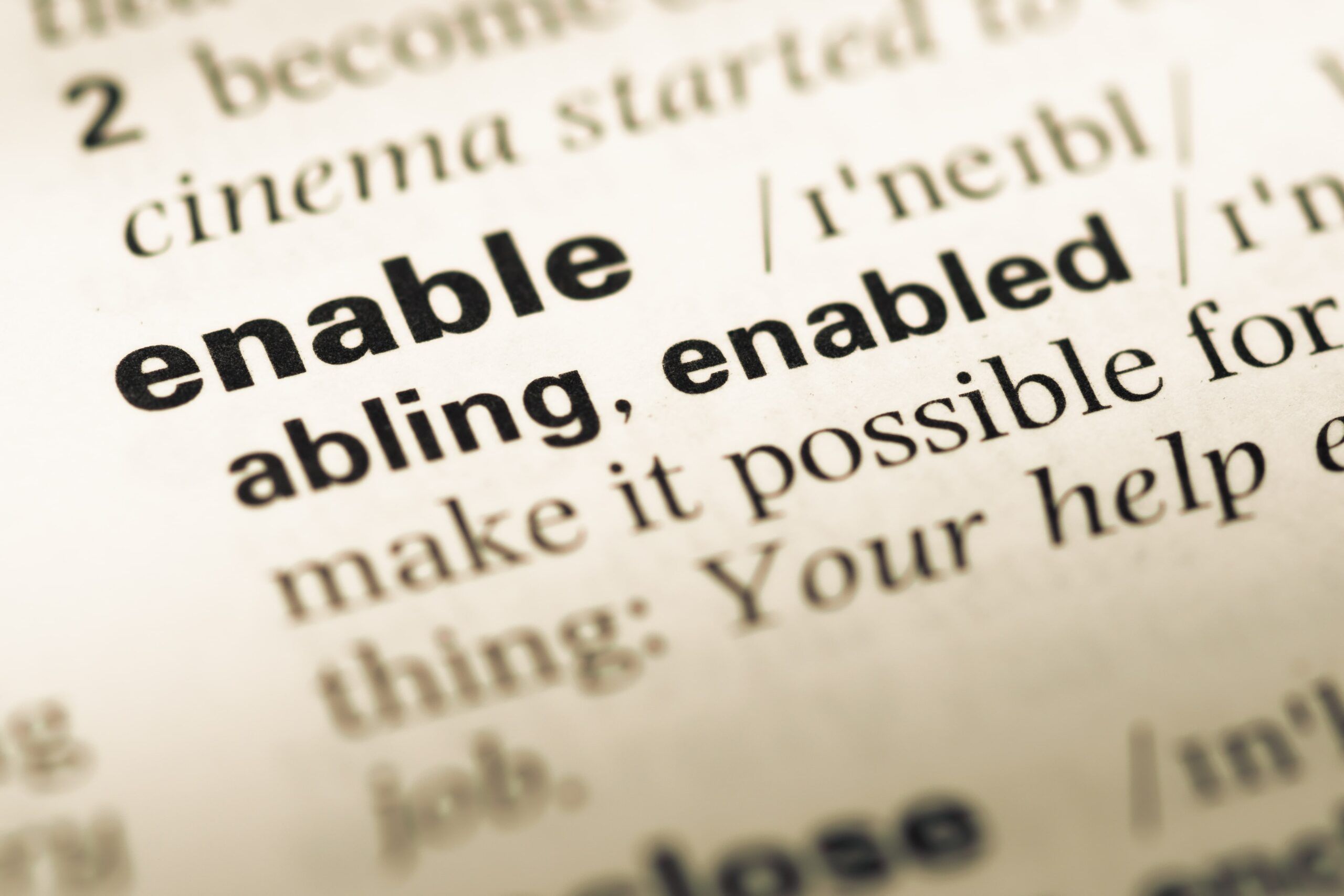How Addiction Affects Marriages
Those who suffer from addiction to drugs and alcohol tend to have problems in all areas of their lives, and marriages do not go unscathed. The correlation between addiction and divorce can be pretty evident. Spouses tend to be on the receiving end of the addicted person’s frustrations, and this can take a toll on the marriage and potentially lead to divorce if proper help is not received and recovery is not achieved and maintained.
How Addiction Affects Marriages
Loving someone who is addicted to drugs or alcohol can take a toll on a person. So can trying to maintain the relationship when it can be pretty apparent that the substances have such a strong hold on the spouse, and the family seemingly comes as a second to them. Feeling like drugs and alcohol come before you in a marriage can make it feel like you don’t matter, or that your spouse doesn’t love you. This can lead to serious arguments.
The longer that the drug and alcohol abuse goes on, the more of a toll it can take on the marriage. Oftentimes, someone who has been abusing drugs and alcohol prior to entering the marriage continues to abuse the substances after marrying. Something led the husband or wife to turning to drugs and alcohol in order to cope. Breaking that cycle can be difficult.
When these unhealthy coping mechanisms continue and progress, the spouse who isn’t suffering with the substance abuse problems can sometimes feel defeated. Resentments can begin to develop, and the marriage can begin to exhibit signs of trouble. Addiction and divorce correlation begins here. There are times when the sober husband or wife tries to stick by their spouse’s side, helping them as they try to get clean and sober. Then, if they relapse, or hide the fact that they are still using and drinking, it can lead to trust issues. There’s many different ways that a correlation between addiction and divorce can be seen.
There is also dissatisfaction in the relationship. If there are marital problems, often it is seen that one or both spouses can turn to drugs and alcohol as a way of coping with the feelings associated with the changes in the relationship. This will only add strain on the relationship, and could lead to both addiction and divorce.
Seeking some sort of counseling or support from people who are going through the same things can be highly beneficial in learning ways to cope with the effects of the addiction on the marriage.
How Addiction Related Divorce Can Affect Children
Unfortunately when addiction and divorce happen, there are often children caught in the middle of it all. They watch as their parents struggle to maintain a civil household, often for the childrens’ sake. This is a time of learning and change for all parties involved- including the kids. The effects of divorce on children can be long term. It can affect their academic performance, due to distraction and confusion surrounding the family dynamic. In such cases, family therapy may be necessary.
The addiction and divorce can also cause feelings of guilt. Oftentimes, children believe the divorce is as a result of something they did. It can be difficult for them to differentiate issues between their parents and issues involving them.
Those who grew up in a household with addiction and divorce also tend to turn to self destructive behaviors. This can mean they participate in criminal activities or abuse drugs and alcohol themselves, to cope coping with the unresolved trauma of divorce.
Can Divorce Lead to Drug and Alcohol Abuse?
Divorce is an emotionally trying experience for anyone going through it. Changes in family structure, the financial stress that comes with lawyers and relocation—they can really pile up. It is common or people to turn to drugs and alcohol to deal with their emotions during divorce. This uptake in substance use can often lead to abuse and dependence. When this happens, it is another problem for the person dealing with the divorce.
Using drugs and drinking can cause more problems, and lead to worse consequences. These unhealthy coping mechanisms often only add fuel to the fire, and make the emotional turmoil worse. In such cases,
Help for Drug and Alcohol Abuse in Lexington, KY
If addiction is affecting your marriage, and you want to change your life, there is help. Professionals are available at Lexington Addiction Center trained in helping you to learn to live life without drugs and alcohol. You don’t have to continue to suffer with addiction, and you can stop the self destructive cycle. Contact us today and let us help guide you to starting a new life.



